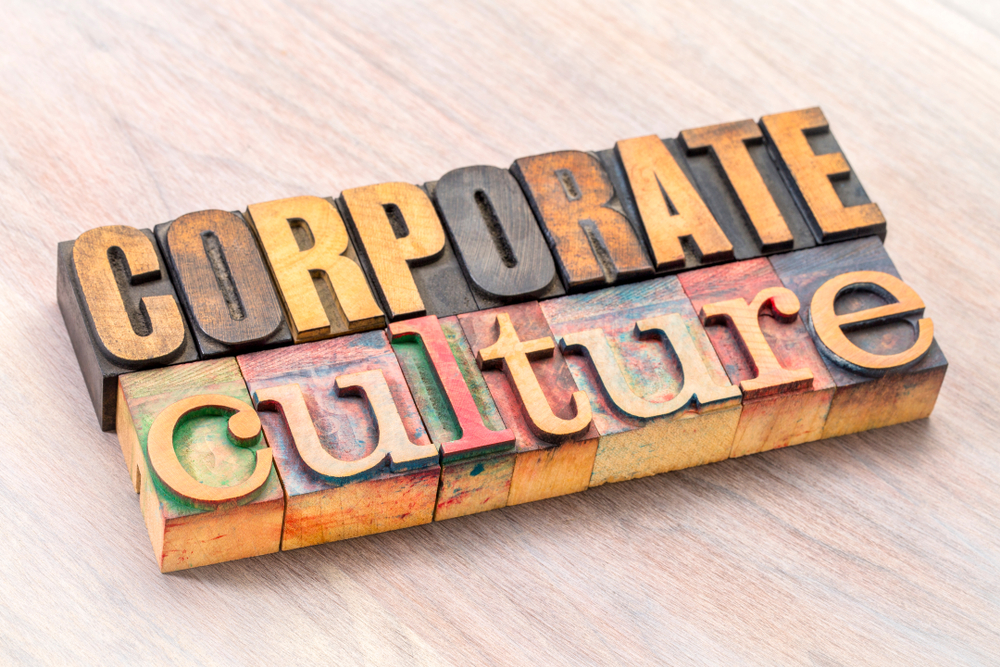Organizational culture is formed by a wide range of things, including the industry, employees’ average age (or generation), employees’ skill level, and the stage of life most employees are in, just to name a few. But there are ways that organizational culture can be both indirectly and directly influenced by the organization, including the HR team. Let’s outline some of them.
Influencing the Organizational Culture
Here are a few ways HR can have an impact on organizational culture:
- Benefits on offer can impact culture much more directly than some may realize. For example, providing a generous parental leave package will go a long way toward creating a culture that is supportive of parents. Or, providing a flexible workday or remote work option can influence how the organization judges performance, encouraging judgment based on outcomes, not hours. These are just a couple examples of how benefit packages can influence culture.
- The key performance indicators (KPIs) in place make a big difference in how employees work and how they’re judged, which, in turn, impacts how they interact with one another. HR can have a direct impact on KPIs through training and influence on the supervisory staff.
- How much training is on offer and how it is communicated will directly impact whether an organization is viewed as being friendly to employee development. HR is often either directly or indirectly responsible for creating onboarding and training programs, so this is an area where HR professionals can have an impact.
- The type of training on offer also matters. Providing things like inclusivity training, empathy training, and training on listening skills sends a clear message about the types of skills the employer values, for example. (Of course, the same is true for other types of training.)
- Pay, particularly incentive schemes and bonus structures, can have an impact on employee behavior and motivation levels, which directly impacts the culture. HR teams can greatly influence pay through discussions with organizational leadership about market norms and the like and with the creation of pay grades or bands throughout the organization.
- Recruiting for soft skills also makes a difference. Beyond recruitment that looks solely at the required skills for a job, recruiting that looks at an employee’s personality and so-called “soft skills” can have a major impact on culture. It can influence which people are brought onboard, and HR can have a major influence in ensuring the final candidate selection includes people who seem to be a good fit with the culture that exists or with the culture the organization is trying to cultivate.
- Recruiting in a way that emphasizes cultural fit can also be an option. This can be accomplished through how the interview is conducted, the types of questions that are asked, and the emphasis put on that fit.
- HR has the opportunity to live the organizational culture it’s trying to promote. Whenever the culture is purposefully created to be in alignment with the organization’s vision, the HR team has an opportunity to live out those values and vision and serve as an example.
- HR policies, like business-ethical policies and policies regarding antidiscrimination, antiharassment, and antibullying (and the consistent implementation and enforcement of said policies), can set the tone for what the organization stands for.
- Communication of the organization’s vision and objectives matters, too.
As you see here, there are a lot of ways the HR team can have a big impact on how the organizational culture evolves. While the employees themselves will obviously make a huge difference, there are both subtle and overt ways to steer the direction.

